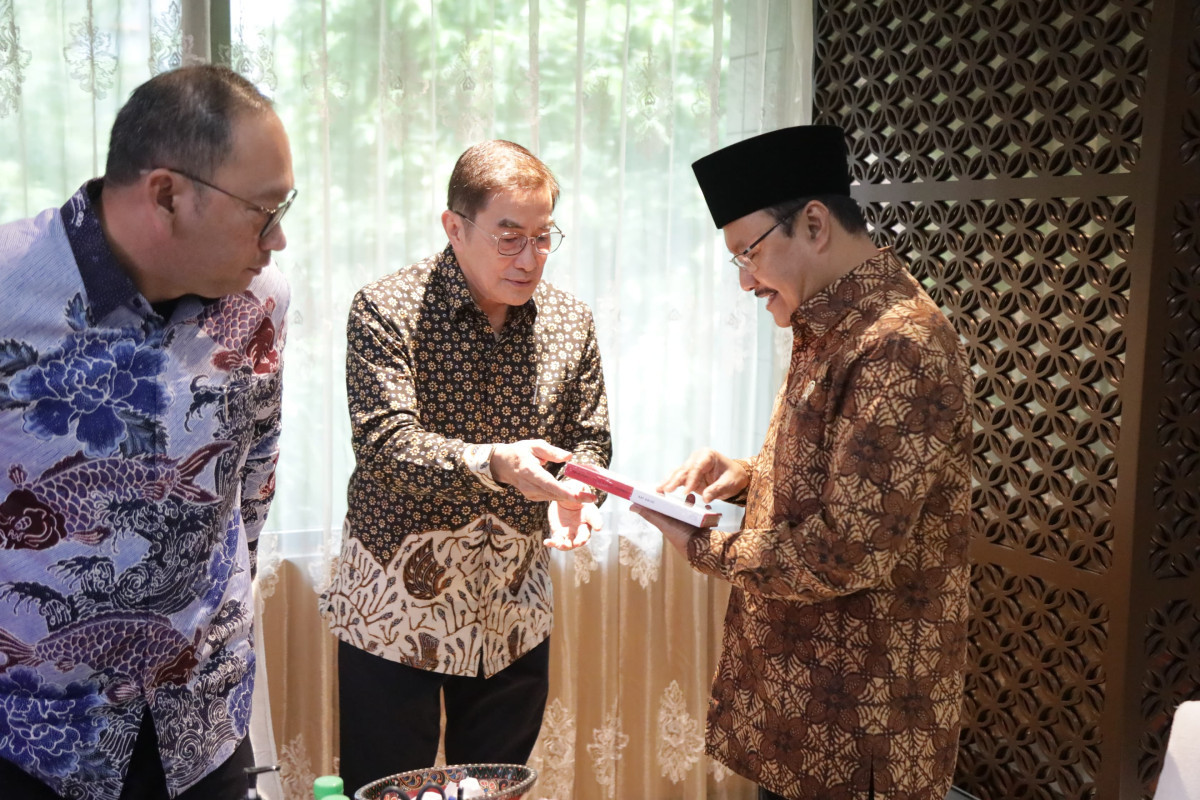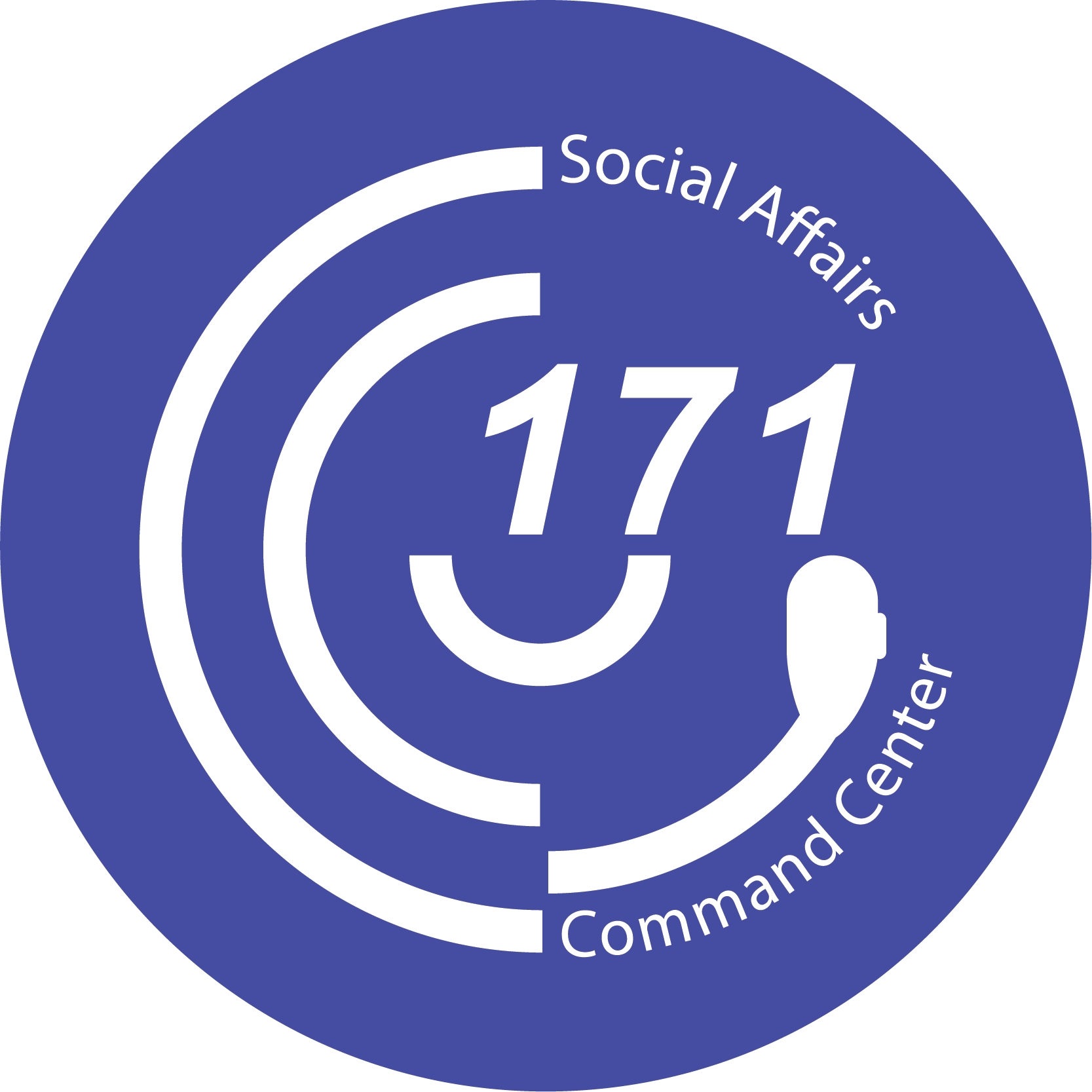JAKARTA (31 January 2025)—Extreme poverty alleviation is one of the government's main focuses. Minister of Social Affairs Saifullah Yusuf even said that President Prabowo left a special message to take care of this.
However, this is not an easy matter because it requires a long process and a special treatment so that extremely poor families can be empowered.
“We can't succeed 100 percent of the time, 10 percent of the time, thank God,” said Gus Ipul during a meeting with representatives of Mitra Adi Perkasa (MAP) Group Director at the Ministry of Social Affairs (Kemensos) office, Friday (31/1/2025).
Extreme poverty is the condition of people's inability to fulfill basic needs, namely food, clean water, proper sanitation, health, shelter, education, and access to information on income and social services.
A person is categorized as extremely poor if the cost of their daily living needs is below the extreme poverty line, equivalent to USD 1.9 PPP (Purchasing Power Parity). PPP is determined using an ‘absolute poverty measure’ that is consistent across countries and time. In other words, a person is categorized as extremely poor if their expenditure is below IDR 10,739/person/day or IDR 322,170/person/month (BPS, 2021). So, for example, 1 family consisting of 4 people (father, mother, and 2 children), can meet their expenses equal to or below IDR 1,288,680 per family per month (BPS, 2021).
In connection with this, Gus Ipul hopes that extremely poor families of productive age can be educated and trained to become ‘local champions’. If we educate 100 people and 10 of them succeed, that's good,’ he said.
He said the Ministry of Social Affairs has integrated data containing the names of extremely poor families. He hopes they can be educated and trained to be empowered. “We improve the skills and productivity of poor families,” he said.
On the same occasion, Mitra Adi Perkasa (MAP) Group Director, Handaka Santosa said his company has 60 employees who make crafts in their homes. They all come from poor families. “We have employed poor families in the village by making wickerwork,” he said.
Handaka said the improvement of skills and abilities for the poor has paid off. They have produced goods, 100 percent of which have been exported. “They work at home, so they can take care of their children at the same time,” he said.
He said that the goods to be exported are usually subject to strict conditions. One of the rules is that they cannot employ people with salaries below the minimum wage.
“We already employ poor families in villages to make wickerwork in their own homes,” he said.
Responding to this, Gus Ipul wants extremely poor families of productive age to be selected to be educated and empowered together with Mitra Adi Perkasa. He hopes an example village can be made. "We make a list, so they are given work at home," he said.
 Bahasa
Bahasa
 English
English


